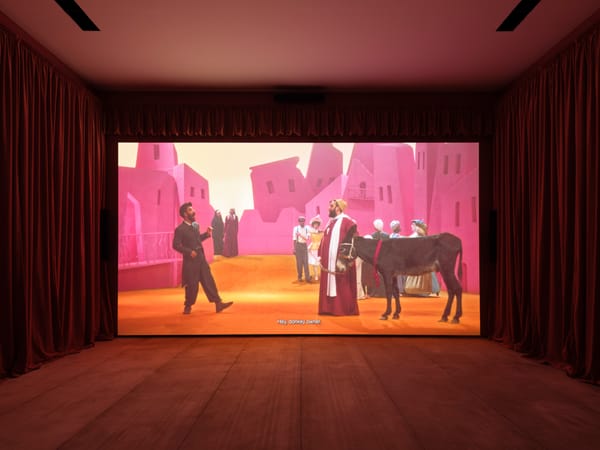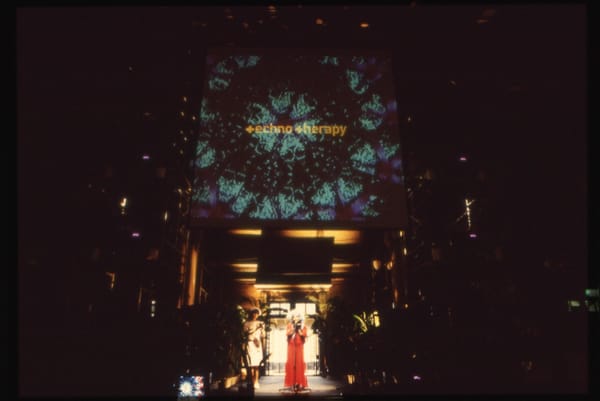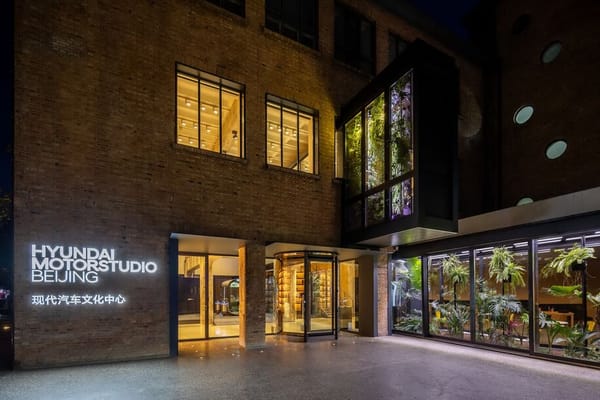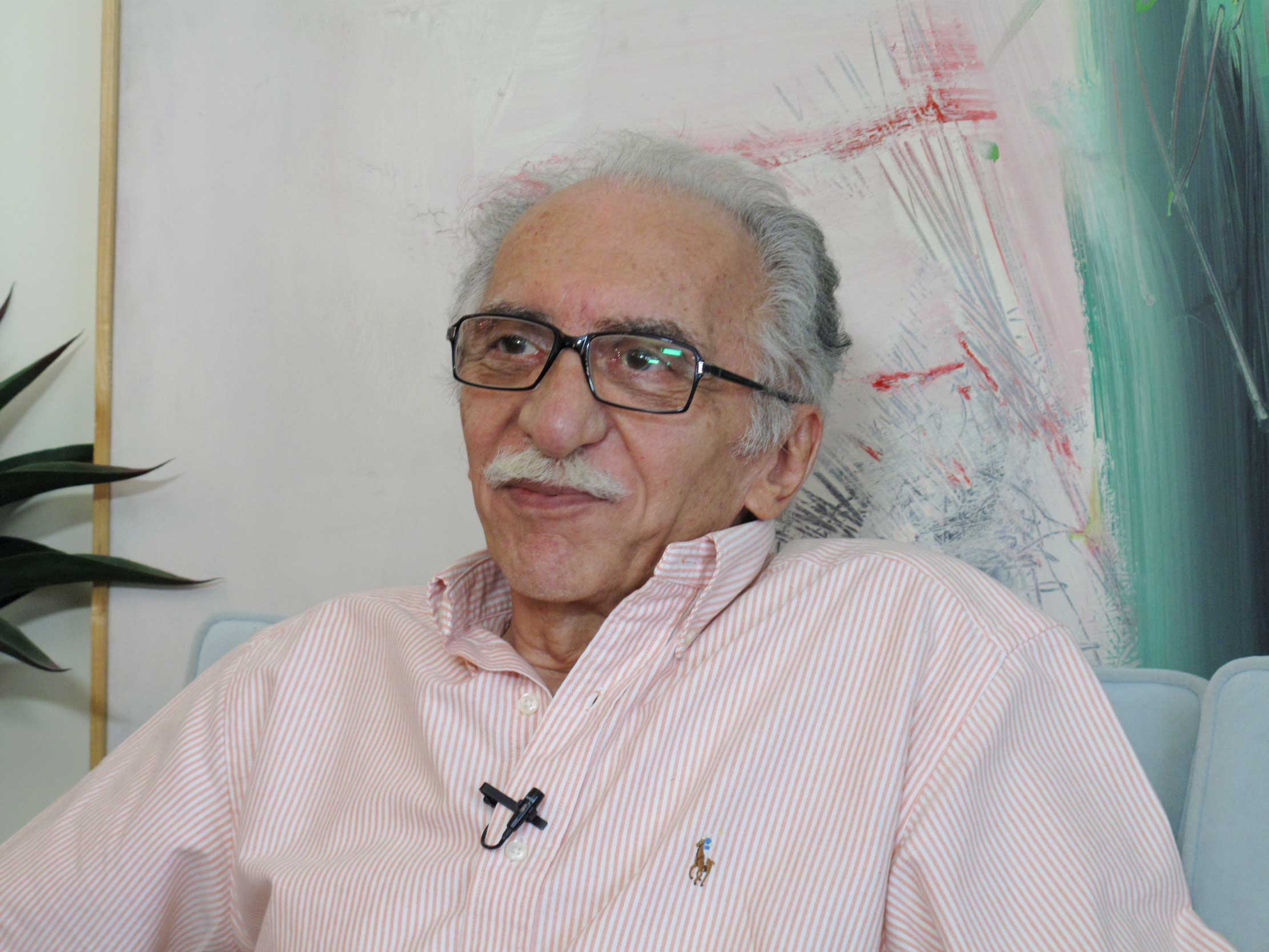Ideas
The Drift of Art and Music Between Islands
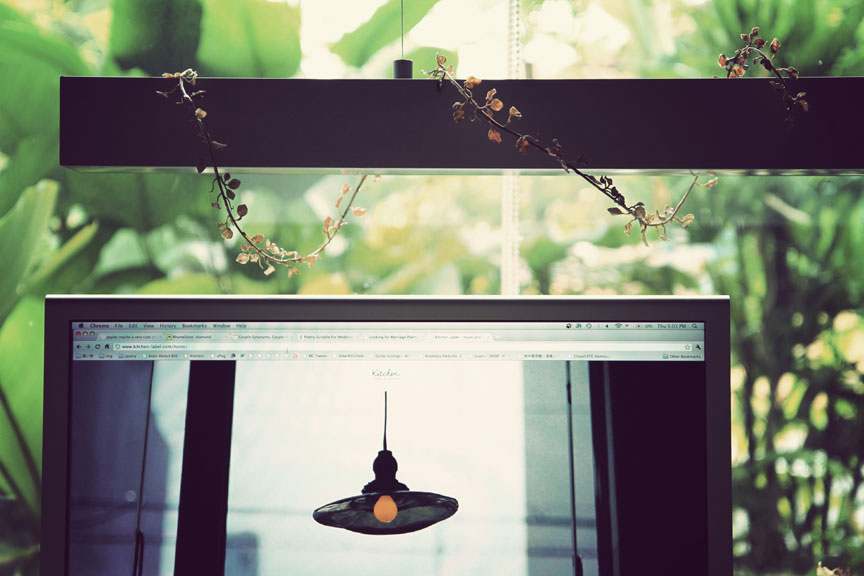

While back home in Singapore over Christmas and New Year’s, I visited Ricks Ang and April Lee at their new office in the laid-back, old-world district of Katong. Ricks and April run a small design studio and record label called Kitchen out of a refurbished one-storey brick residence with wooden rafters and bits of corrugated tin roof. The new Kitchen is literally next door to Fei Fei Wanton Mee, possibly the most famous dumpling noodle stall on the entire island (it’s all about the sauce, apparently).
I first met Ricks and April through our mutual friend Yuen Chee Wai, a Singaporean sound artist and performer who had come to play at a “summit meeting” of East Asian musicians in Tokyo a few years ago at the invitation of Yoshihide Otomo (whose “Ensembles” exhibition has just closed at Art Tower Mito in Ibaraki prefecture). We became fast friends and nerded out a bit over Japanese ambient electronic music by artists we all admired, such as Takamasa Aoki, Masakatsu Takagi, Gutevolk and Lullatone.
Through their work at Kitchen, Ricks and April have been building strong ties with Japanese musicians and artists, most of whom share what they call an “urban pastoral” sensibility. With their two-person operation, they have been bridging Singapore and Japan, possibly wielding more influence than they realize. Their “albums” are really more like finely crafted art objects that straddle different media—CDs lovingly wrapped within a concertina portfolio of art photography, small art books and immersive websites showcasing film-like montages that unfold alongside clips from their releases.
Kitchen’s artists seem to share a similar obsession with sensuous, fleeting phenomena. They create painterly sound collages that mimic the shifting play of light and shadow fluttering across a wall, the surging and expiring of the sun’s resplendent rays at dusk, or the shimmer and drone of throngs of cicadas on a sultry afternoon.
One of their artist groups, a two-man outfit called Ironomi, has recorded albums in a 200 year-old wooden house atop a hill in Mashiko, a small rural town with a strong connection to some of Japan’s leading ceramic artists and pioneers of the mingei (folk art and craft) movement, such as Shoji Hamada. By straddling both ambient electronica and documentary recording, Ironomi have been creating a musical “folk craft” of their own—a pastoral reverie inspired by Mashiko’s shaded bowers and flitting dragonflies.
Japanese culture—mostly fashion, anime, manga and food—is huge in Singapore, especially among the generation of 20-something hipsters. The newly opened Japan Cultural Center, just down the road from the Japanese Embassy (itself only a few minutes’ walk from the bustling downtown of Orchard Road) has been staging exhibitions by architect Toyo Ito and neo-nihonga artist Akira Yamaguchi. It bills itself as a “new type of culture and information center that showcases Japan’s ‘now’.” In contrast, what Ricks and April are trying to mine is something far more subtle—a roving eye in search of the beauty of “everyday life,” the play of dappled sunlight through leaves, or even a certain strain of “lost” Japan memorialized in Tanizaki’s “In Praise of Shadows,” reinterpreted for modern life.
